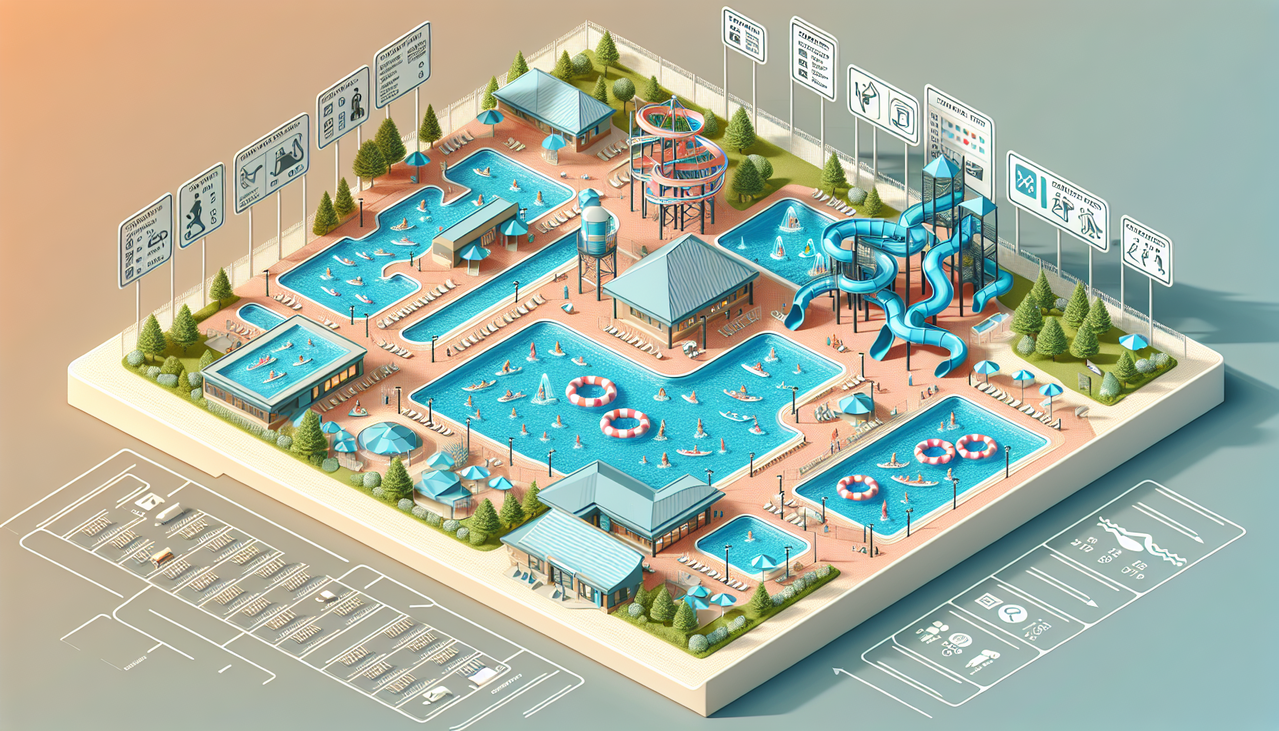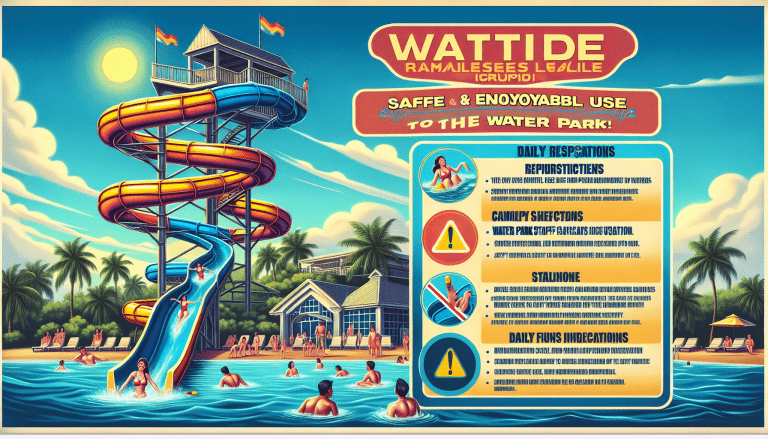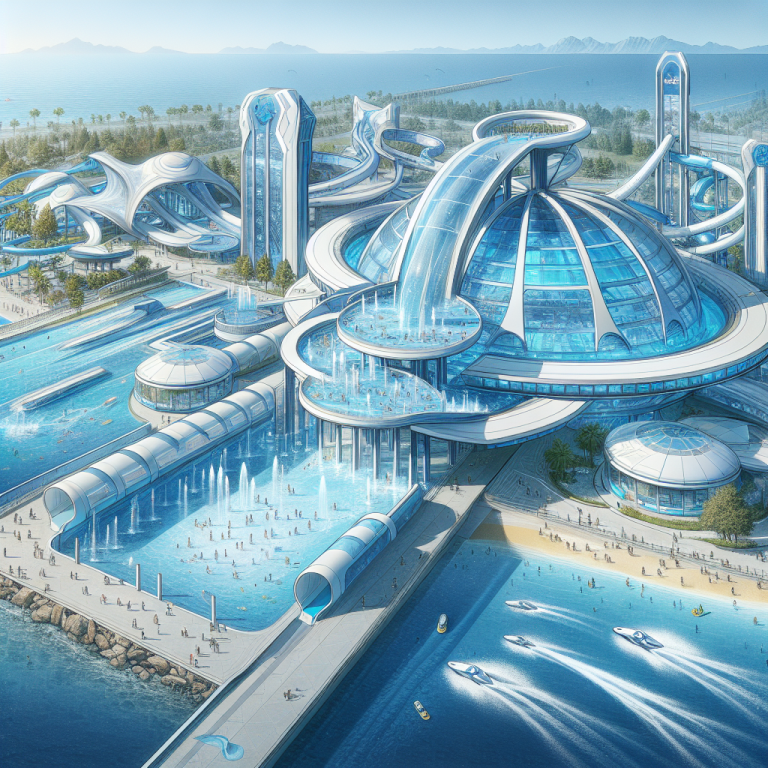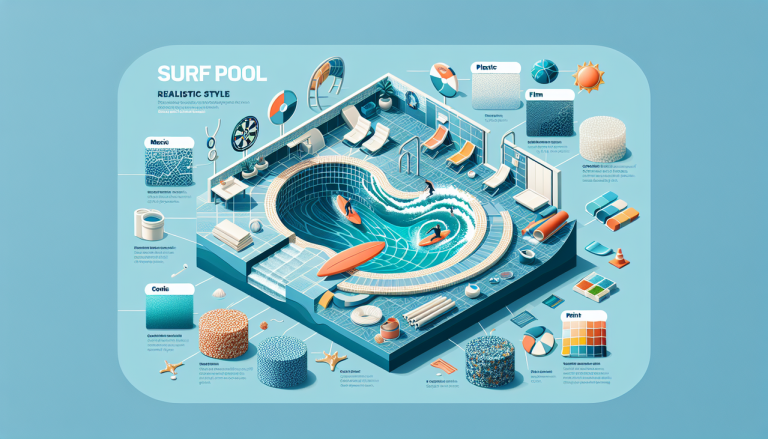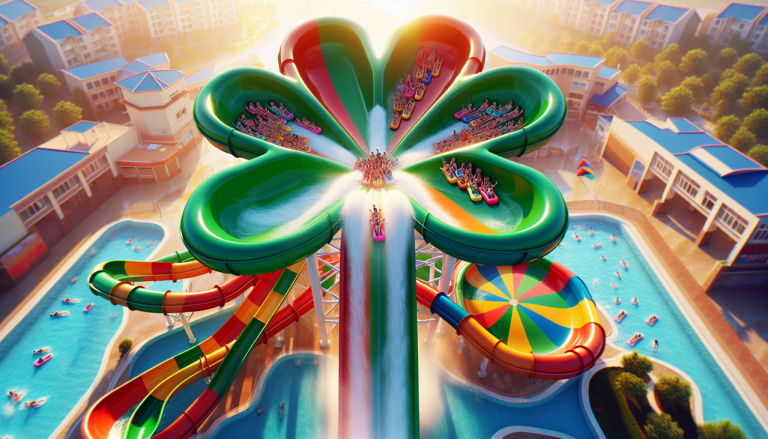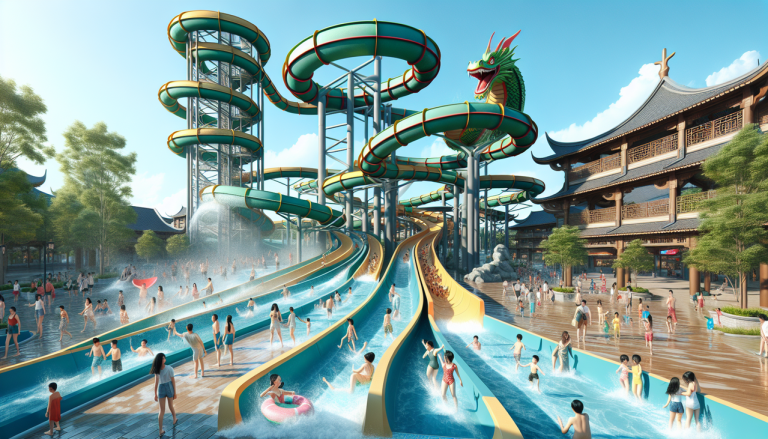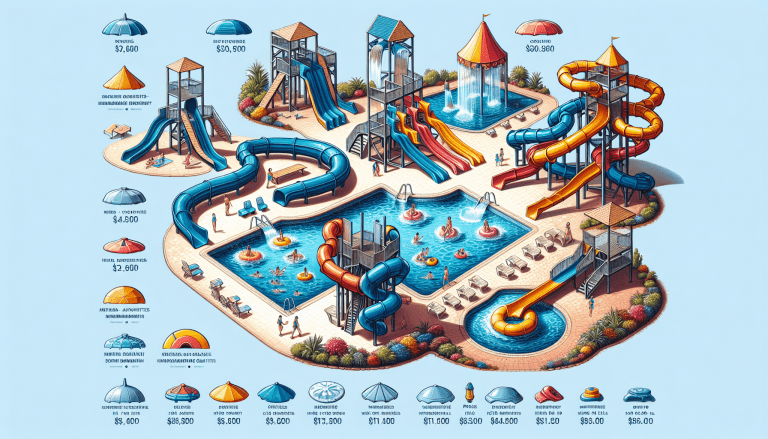Optimizing Water Park Operations
Audio:
Text:
When planning a water park operation, it’s crucial to consider the types of water slides and attractions. While some investors believe that more equipment equals more appeal, it’s vital to balance the number of attractions with the venue’s size and the overall visitor experience. Properly matched venues and equipment, with ample space for guests to enjoy, can enhance the experience and increase profitability. Simply adding more attractions without considering these factors can negatively impact visitor satisfaction and reduce revenue.
Choosing the right equipment for your water park operation is not just about selecting the latest and most novel options. It’s important to plan according to the size and theme of your park. While innovative equipment can be competitive, it must align with your park’s theme to be beneficial. Selecting equipment that complements your park’s identity is key to maximising its appeal and profitability.
Keeping Up with Trends
The popularity of water attractions has surged, partly due to extensive media coverage. This has drawn the attention of many investors, leading to a trend of mimicking successful operations. However, this can result in unnecessary competition and a divided audience. It’s essential to choose attractions that suit your park’s unique identity while staying abreast of industry trends. This approach ensures your park remains competitive without losing its distinct appeal.
Flexible Pricing Strategies
For a successful water park operation, flexibility in pricing is crucial. Prices should be adjusted based on factors like season, weather, and target demographics. During peak summer months, when water parks are in high demand, prices can be increased within reasonable limits. Conversely, in the quieter winter months, lowering prices can attract more visitors. Adapting pricing strategies to market conditions can optimise attendance and revenue.
Prioritising Safety Over Cost-Cutting
Safety is paramount in any water park, and cutting costs should never compromise it. According to the “Quality Law,” all products sold in China must be clearly marked with the manufacturer’s details and meet standardised requirements. Some investors may consider using second-hand equipment to save costs, but this can pose safety risks. Ensuring the quality and safety of all equipment is essential for protecting visitors and securing long-term profitability. It’s crucial to invest in reliable equipment from reputable manufacturers like LANCHAO to maintain high safety standards.
